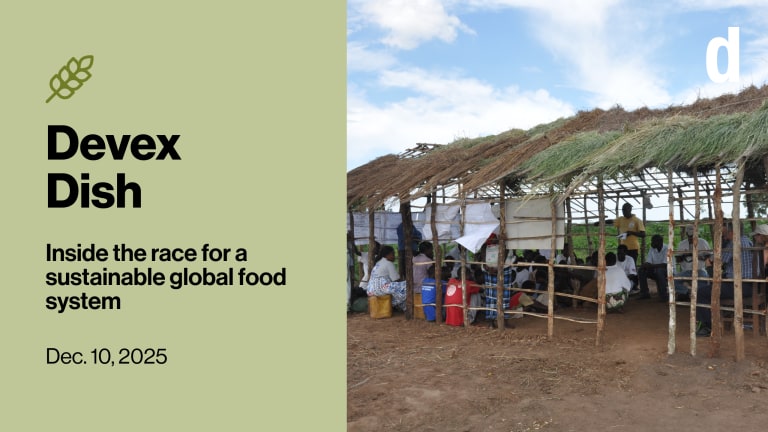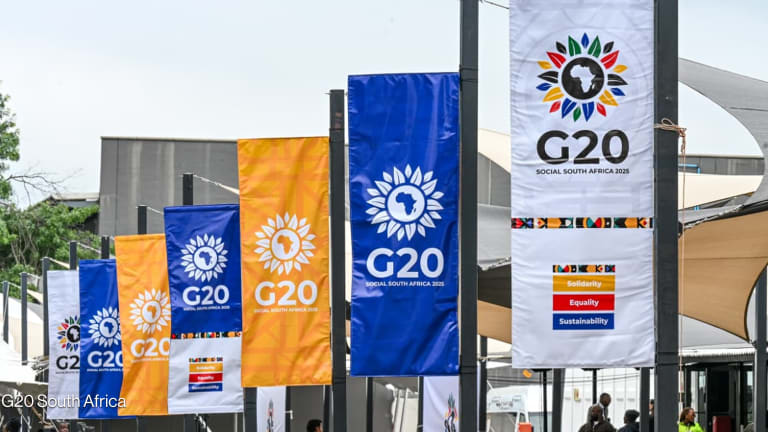The number of people requiring humanitarian assistance following the deadly cyclone which struck Myanmar (Burma) a few days ago could number in the hundreds of thousands, according to the UN which is mobilizing aid in the wake of the disaster. Cyclone Nargis, which made landfall in the Irrawaddy delta region on May 2, left tens of thousands of people dead in its wake and hundreds of thousands without shelter. With winds of over 190 kilometers per hour, the storm, which hit Yangon later that same night, tore down trees and power lines and causing widespread flooding. There are over 1,650 UN personnel ? of whom 79 are international staff ? on the ground in the South-East Asian nation.
Governments of the Group of Eight (G8) countries need to take urgent action on the emerging global crisis in water and sanitation, say business leaders from some of the world?s largest companies who have endorsed the United Nations Global Compact. In a letter released May 7, the chief executive officers of 19 corporations call on G8 leaders to actively address the issue of water during their upcoming summit in Japan in July. The business leaders are all endorsers of the UN Global Compact?s CEO Water Mandate, which was launched by UN Secretary-General Ban Ki-moon last year.
Senegal’s president called the UN Food and Agriculture Organization an inefficient money-gobbler and called for it to be replaced by foreign investment and assistance to help Africa end its food aid dependency. In a speech late on May 4, President Abdoulaye Wade called the Rome-based FAO, created in 1945, a “bottomless pit of money largely spent on its own functioning with very little effective operations on the ground,” Reuters reported. He appealed for new policies stressing self-sufficiency over charity to tackle the global food price crisis that threatens millions of the world’s poor with hardship and hunger, especially in Africa.
It is increasingly hard for Iraqi aid workers to help tens of thousands of people caught up in fighting in Baghdad, according to UNICEF. The Sadr City area of the capital has seen the worst clashes between government forces and Shia militia. The UN children’s agency says over 150,000 people there are having difficulty accessing clean water, food and other essential services while the Iraqi government says almost 1,000 people have died in recent fighting. Most of those have been civilians, and aid agencies say around 60 percent of them are women and children.
The UN Secretary-General?s Special Representative for Children and Armed Conflict this week expressed concern over the some 500 children associated with the ranks of a Burundian rebel group, calling for their release. The children are in the hands of the Palipehutu-FNL of Agathon Rwasa, which reignited its fight against the Government last month. She welcomed the recent release of 232 children in the struggling African nation, where a comprehensive ceasefire agreement was signed in 2006 after years of civil war but sporadic fighting has continued.
Search for articles
Most Read
- 1
- 2
- 3
- 4
- 5








